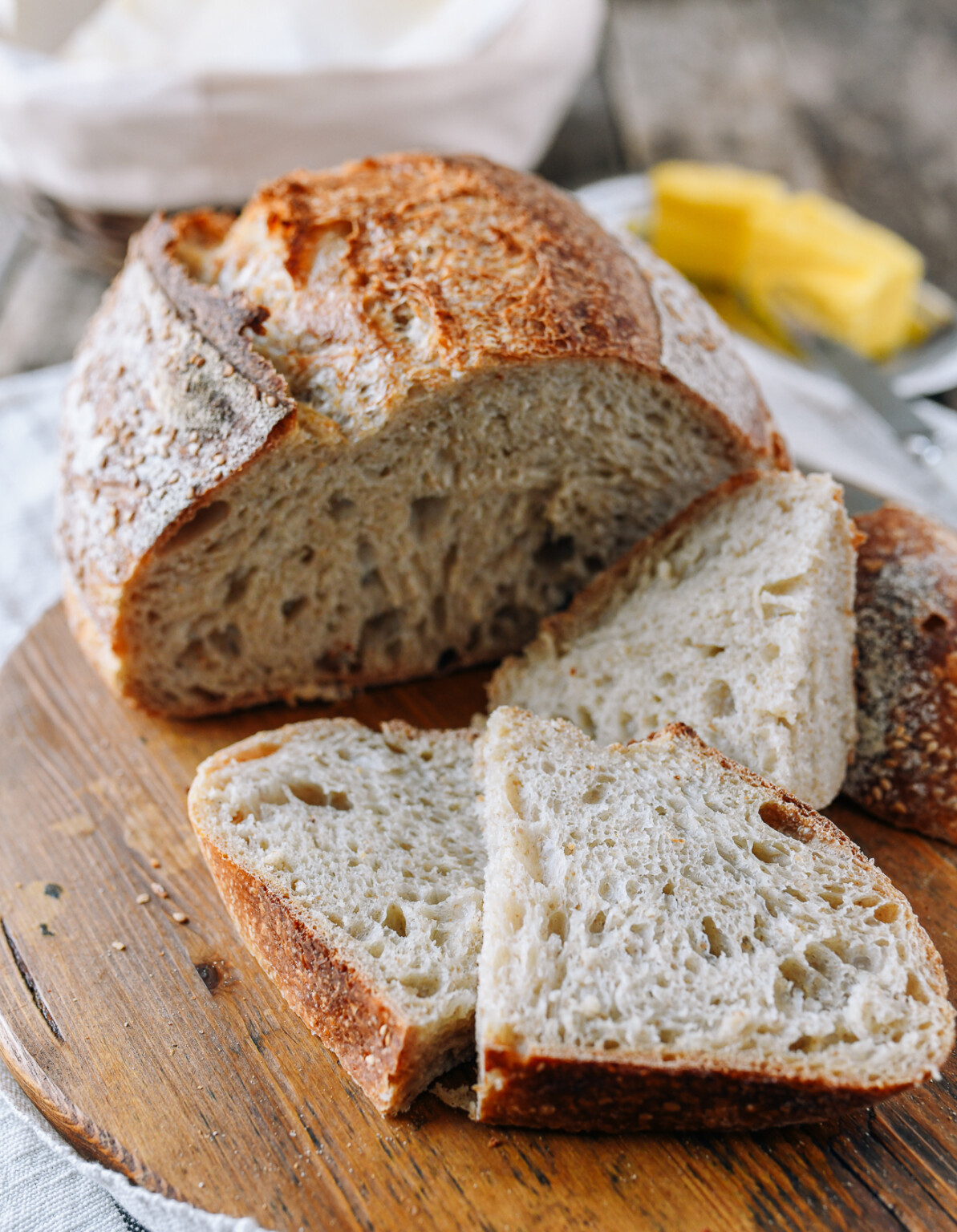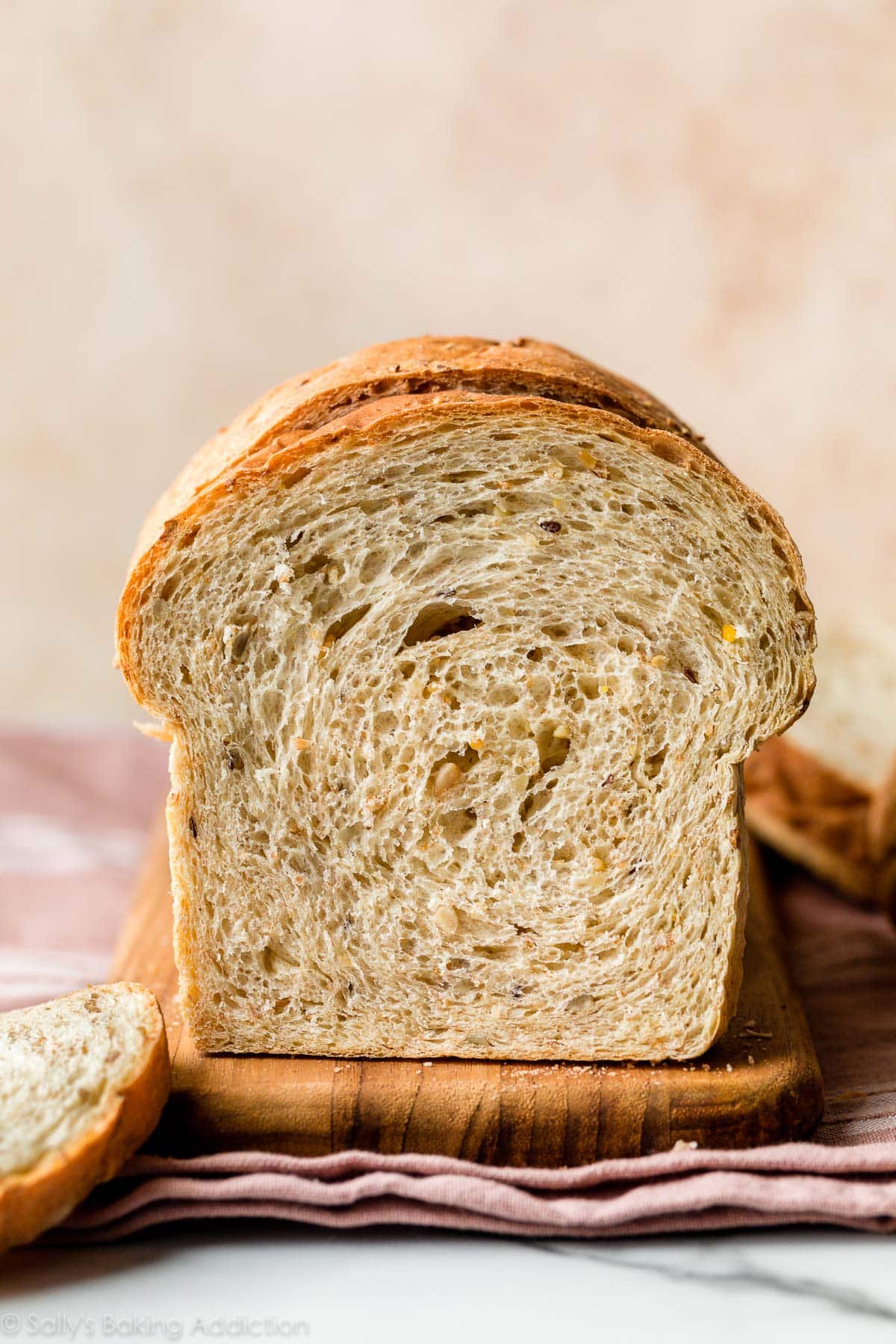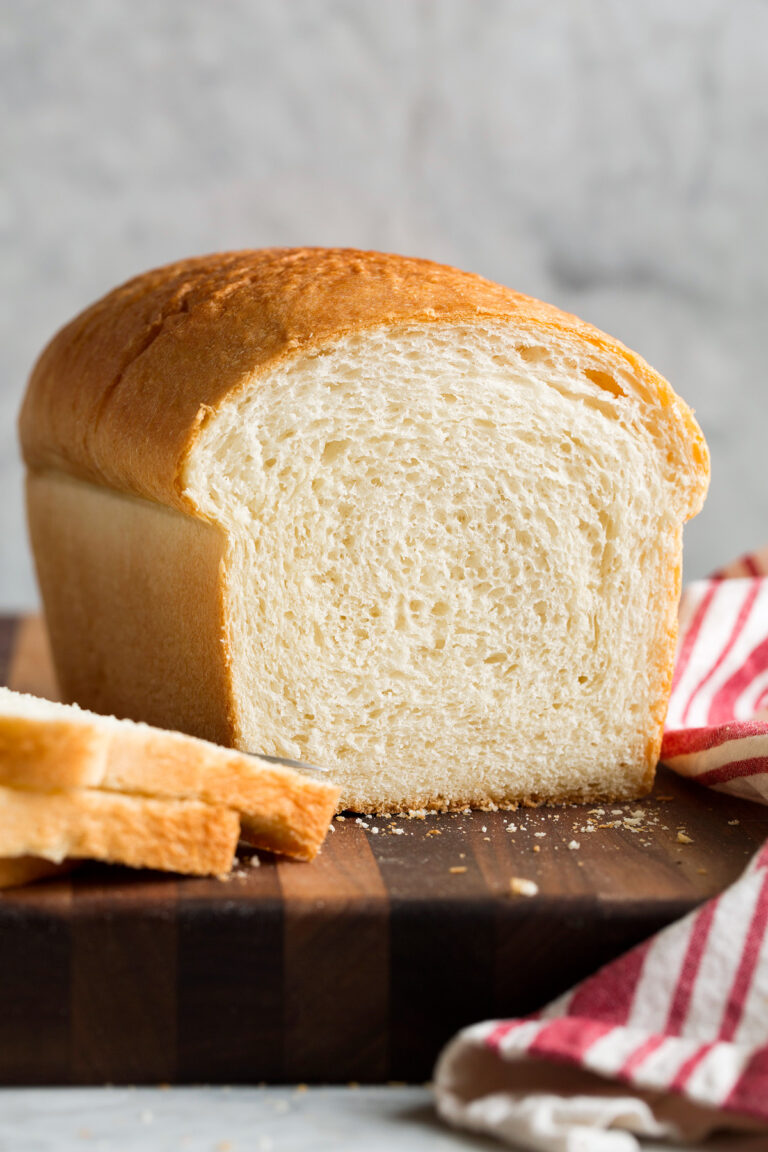Have you ever thought about how art can truly nourish a community, not just with ideas, but with something as fundamental as a simple loaf of bread? The Bread and Puppet Theater, a truly unique group, has been doing just that for decades. This isn't just about watching a show; it's about sharing a moment, a message, and yes, a piece of something baked fresh. It's a powerful blend, you know, of performance and genuine hospitality, something that stays with you long after the final act.
For many, the name "Bread and Puppet" might sound a bit, well, unusual. Yet, it speaks directly to their core philosophy: art should be as accessible and as vital as daily sustenance. They offer a kind of theater that feels very much like a community gathering, where everyone is welcome. It's a place where, honestly, you might feel like you've stepped into a different time, a place where big ideas are explored through simple, powerful means.
This group has, in some respects, redefined what theater can be. It moves beyond the stage, taking its messages directly to the people, often in outdoor settings, and always with that signature offer of bread. It’s a practice that, you know, truly embodies their belief in art as a human right, something that should be shared freely, just like a warm, fresh piece of bread from a baker's oven.
Table of Contents
- The Roots of Bread and Puppet: A Simple Beginning
- More Than Just Puppets: The Philosophy Behind the Performance
- The Bread Connection: Nourishing Body and Soul
- The Art of Protest and Celebration
- Experiencing the Bread and Puppet Theater
- Frequently Asked Questions About Bread and Puppet
- A Lasting Impact and a Call to Action
The Roots of Bread and Puppet: A Simple Beginning
The Bread and Puppet Theater began its journey in the early 1960s, a time of big changes and lots of questions in the world. Peter Schumann, the group's founder, came to New York City with a vision for a different kind of theater. He wanted to create performances that were, you know, accessible to everyone, not just those who could afford a ticket to a fancy show. It was about bringing art directly to the streets, making it a part of everyday life, which is a pretty radical idea.
They started small, performing in the streets and parks, using simple materials to craft their puppets. These weren't your typical hand puppets; they were often huge, sometimes towering figures made from paper maché, cloth, and found objects. Their early work, very much, reflected the social and political concerns of the time, speaking out against war and injustice. It was a raw, honest form of expression, quite different from what most people were used to seeing.
The name "Bread and Puppet" itself came from their practice of sharing homemade bread with the audience after each show. This wasn't just a snack; it was a deeply meaningful gesture, a way to connect with people on a very basic, human level. It’s a bit like how a good, crusty loaf, baked fresh at home, can bring people together at a family function, you know, just as my Grandma Kay would serve her special dish at every Mauro family gathering. That simple act of breaking bread together became a signature part of their identity, something truly special.
More Than Just Puppets: The Philosophy Behind the Performance
At its heart, the Bread and Puppet Theater is built on a strong set of beliefs about art and its place in society. They see theater not just as entertainment, but as a vital tool for social change and community building. Their performances often tackle big, serious topics like war, poverty, and environmental issues, but they do so in a way that is, in some respects, both profound and surprisingly approachable. It’s a bit like how a good bread knife can slice through a crusty loaf without struggle, or a soft bread without smooshing; their art cuts to the core of issues with a certain precision.
Peter Schumann, the driving force, believes that art should be a human right, something available to everyone, regardless of their background or economic situation. This is why many of their shows are free, or offered on a donation basis. They want to tear down the barriers that often keep people from experiencing art, making it as common and necessary as, well, bread itself. It’s a very simple idea, yet it has a lot of weight, you know?
Their philosophy also emphasizes the idea of "cheap art." This means using readily available, often recycled materials to create their puppets and props. It’s a deliberate choice that goes against the commercialism of much modern art. This approach shows that powerful messages don't need expensive productions; they can emerge from humble beginnings, much like how simple ingredients can make a delicious loaf of bread. It's a way of saying, basically, that art belongs to everyone, and anyone can make it.
The Bread Connection: Nourishing Body and Soul
The "bread" in "Bread and Puppet" is not just a catchy part of their name; it's a central part of their practice and philosophy. After nearly every performance, the theater offers its audience fresh, homemade rye bread, often served with a dollop of aioli. This act of sharing is, you know, incredibly important to their mission. It’s a tangible expression of community, a way to literally break bread together and share in a moment of common humanity, which is really quite moving.
The Act of Baking and Sharing
The bread is baked right there on their farm in Vermont, often in a large, outdoor oven. It's a labor of love, a daily ritual that connects them to the land and to the very basic needs of life. The process of making the bread, from kneading the dough to letting it rise, is very much a part of their overall artistic practice. It’s a simple guide, in a way, to how they approach everything, focusing on the fundamental steps, much like learning how to bake bread with a simple guide from a food network, including all the equipment and ingredients you need.
When the bread is offered, it's not just a quick handout. There's a moment of connection, a shared experience. This practice, you know, makes the audience feel like participants, not just observers. It transforms the theater experience into something more intimate, more communal, really blurring the lines between performer and spectator. It’s a very human gesture, which is pretty much at the core of what they do.
The Symbolism of the Loaf
The bread itself carries a lot of meaning. It symbolizes sustenance, community, and the idea that basic needs should be met for everyone. It's a reminder that art, like food, is essential for a full life. The act of sharing it after a performance that often deals with serious political themes offers a moment of comfort and solidarity. It's a way of saying, "We've shared this experience, and now we share this nourishment," which is, arguably, a very powerful statement.
Think about how bread gets hard and stale when it dries out, or how staling is a natural process. The Bread and Puppet Theater's consistent offering of fresh bread is, in some respects, a counterpoint to the idea of art becoming stale or distant. It keeps their message fresh and immediate, always rooted in something tangible and real. It's a very deliberate choice that reinforces their core values, you know, about staying connected to the basic rhythms of life.
The Art of Protest and Celebration
The Bread and Puppet Theater is known for its strong political voice. They use their art to comment on current events, protest injustices, and advocate for peace and human rights. Their performances are often, you know, parades, pageants, or spectacles that draw on folk traditions and street theater. They’re not afraid to make bold statements, using satire and allegory to deliver their messages, which is something that really makes them stand out.
Crafting the Message
Their puppets are not just characters; they are often symbols, representing big ideas or powerful figures. The masks and figures can be grotesque, beautiful, or deeply moving, always designed to provoke thought and feeling. The visual language is, basically, direct and powerful, designed to be understood by people of all ages and backgrounds. It’s a bit like how a loaf of bread, full of air and therefore very fragile, can be gently brushed with egg wash and sprinkled with seeds for a rustic look; their art has a delicate touch yet a strong presence.
The narratives they present are often simple, almost fable-like, but they carry a deep moral weight. They don't just tell you what to think; they encourage you to feel and to question. This approach allows their messages to resonate widely, reaching people who might not typically engage with political discourse. It's a very effective way, you know, to communicate complex ideas in an accessible format, which is pretty much their hallmark.
The Power of Simplicity
One of the striking things about Bread and Puppet's work is its reliance on simplicity. They don't use fancy technology or elaborate sets. Their strength comes from the raw emotion, the striking visuals, and the directness of their message. This simplicity allows the audience to focus on the core ideas, without distraction. It’s a bit like how the best toasters for bread and bagels focus on doing one thing well, making delicious results without unnecessary frills.
This commitment to "cheap art" and simple forms is, honestly, a powerful statement in itself. It reminds us that art doesn't need to be expensive or exclusive to be meaningful. It can be made by anyone, for everyone, using whatever materials are at hand. This philosophy, you know, makes their work incredibly relatable and gives it a timeless quality, which is something very special in today's world.
Experiencing the Bread and Puppet Theater
If you're interested in seeing the Bread and Puppet Theater in action, their main home is in Glover, Vermont. They have a museum there, filled with decades of their puppets, masks, and props, which is a truly incredible sight. It's a place where you can, you know, really get a sense of the scale and history of their work, which is pretty amazing.
During the summer months, they often host outdoor performances, including their famous "Domestic Resurrection Circus." These events are a true spectacle, drawing crowds from all over. They are, basically, community events, complete with music, giant puppets, and of course, the sharing of bread. It’s an experience that, you know, feels very much like a festival, a celebration of life and art.
Beyond Vermont, the Bread and Puppet Theater also tours, bringing their unique performances to different parts of the country and sometimes the world. Keep an eye out for their tour dates if you can't make it to Vermont. Seeing their work live is, truly, the best way to understand their impact and their message. It’s an experience that, you know, will definitely leave an impression, and you might even get to enjoy some of their freshly baked bread.
To learn more about their current schedule and history, you can visit their official website, which is a really great resource for anyone interested in their work. You can find out more about the Bread and Puppet Theater and their mission there. It’s a place where you can, you know, really dig into the details of their incredible story.
Frequently Asked Questions About Bread and Puppet
People often have questions about this unique theater group. Here are a few common ones, you know, that come up quite a bit.
What kind of bread does Bread and Puppet Theater serve?
The Bread and Puppet Theater typically serves a rustic, dark rye bread, often with a side of aioli. It's baked fresh on their farm, using simple ingredients, and is a core part of their post-performance ritual. It’s a very hearty bread, you know, meant to be shared and enjoyed by everyone present, which is pretty much their whole philosophy.
Is the Bread and Puppet Theater still active?
Yes, the Bread and Puppet Theater is still very much active! They continue to perform, both at their farm in Glover, Vermont, and on tour. Peter Schumann, the founder, is still actively involved, and the group maintains its commitment to political art and community engagement. They are, you know, still making powerful statements through their unique form of expression, which is really something to see.
What is the meaning behind the name "Bread and Puppet"?
The name "Bread and Puppet" directly reflects their two main practices: performing with large, expressive puppets and sharing homemade bread with the audience after each show. The "bread" symbolizes the basic human right to sustenance and the communal aspect of their work, while the "puppet" represents the artistic medium they use to convey their messages. It’s a name that, you know, really says it all about their mission, which is quite clear.
A Lasting Impact and a Call to Action
The Bread and Puppet Theater has, in some respects, left an incredible mark on the world of art and activism. Their dedication to "cheap art" and their unwavering commitment to social justice have inspired countless artists and activists. They show us that art doesn't need to be fancy or expensive to be powerful; it just needs to be honest and deeply felt. It’s a lesson that, you know, resonates deeply, even today.
Their practice of sharing bread reminds us of the simple, yet profound, act of community. It’s a tangible way to connect with others, to offer comfort, and to build solidarity. This act is, basically, as fundamental as learning how to bake bread with a simple guide, focusing on the equipment and ingredients you'll need, plus different kneading processes. It’s about creating something real and sharing it freely, which is pretty much at the core of human connection.
We hope this glimpse into the world of Bread and Puppet has sparked your interest. There's so much more to discover about their history, their art, and their ongoing mission. Consider visiting their farm in Vermont, if you can, or seeking out one of their touring performances. It’s an experience that, you know, really broadens your perspective, and you might even get to share a piece of their famous bread. Learn more about their unique approach to performance on our site, and perhaps find another interesting article on the history of political theater.



Detail Author:
- Name : Mr. Trenton Weber II
- Username : michaela.kuhn
- Email : frankie16@hotmail.com
- Birthdate : 1990-09-26
- Address : 40622 Tanner Villages Suite 772 Taliafort, KY 97988
- Phone : 1-316-465-7838
- Company : Pagac, Lemke and Lebsack
- Job : Maintenance Equipment Operator
- Bio : Sed vel et optio nobis. Explicabo aspernatur et et et eveniet voluptatem.
Socials
tiktok:
- url : https://tiktok.com/@brad6329
- username : brad6329
- bio : Incidunt et et repellendus quasi quisquam. Velit illo corrupti est facere sed.
- followers : 3495
- following : 2707
instagram:
- url : https://instagram.com/cartwright1973
- username : cartwright1973
- bio : Quo modi vel fuga dolorem. Quia illo veritatis saepe molestiae earum.
- followers : 5855
- following : 1266
twitter:
- url : https://twitter.com/bradcartwright
- username : bradcartwright
- bio : Dignissimos itaque iusto dolores nesciunt aspernatur. Dolor neque rerum amet ea quisquam. Quam quia officia vero. Ullam molestias in ea.
- followers : 6756
- following : 309
facebook:
- url : https://facebook.com/cartwrightb
- username : cartwrightb
- bio : Consequatur quis nostrum eius. Harum quaerat est nulla culpa.
- followers : 1046
- following : 1175

